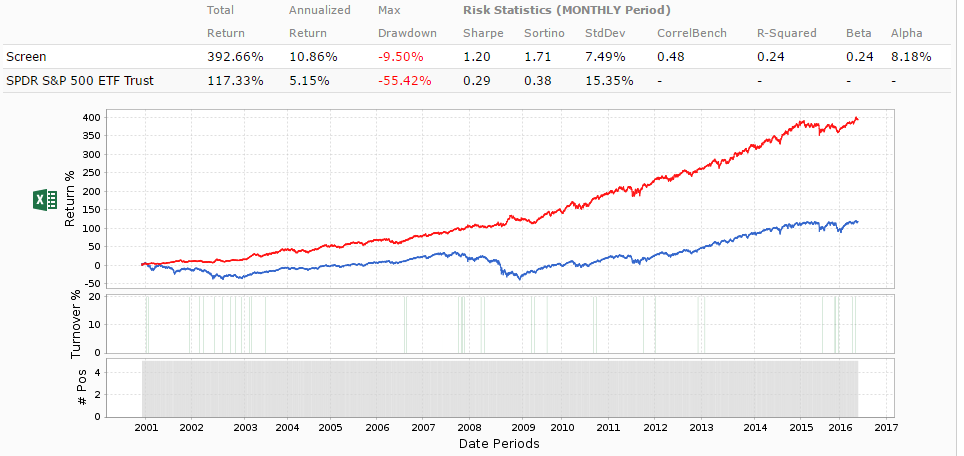Seasonal pattern in volatility in asian stock markets
Using the Levene test, it is found that there exist day-of-the-week variations in volatility in most of the emerging Asian stock markets.
Monday returns, in general, have the lowest volatility for all the emerging Asian markets except Korea. Three of the five markets that have significant day-of-the-week effect in volatility have the lowest volatility on the last trading day of the week. It is also found that the close-market effect is not a good explanation of the volatility pattern across day-of-the-week.
Modeling of Seasonal Volatility - Empirical Analysis of Impact of Increased Market Timings by Khagesh Agarwal, Pulkit Ahuja :: SSRN
Article Purchase 24 hours access for EUR 35, Issue Purchase 30 days access for EUR , Journal Applied Financial Economics Volume 4, - Issue 1. Submit an article Journal homepage. Log in via your institution Shibboleth OpenAthens.
Seasonality in Southeast Asian Stock Markets: The Ramadan Effect - ProQuest
Username Password Forgot password? People also read Article.
Kie Ann Wong et al. TAUFIQ CHOUDHRY Applied Financial Economics. Ercan Balaban Applied Economics Letters.
Testing for seasonal patterns in conditional return volatility: evidence from Asia-Pacific markets
Chris Brooks et al. Browse journals by subject Back to top. Area Studies Arts Behavioral Sciences Bioscience Built Environment Communication Studies Computer Science Development Studies.

Information for Authors Editors Librarians Societies. Open access Overview Open journals Open Select Cogent OA. Help and info Help FAQs Press releases Contact us Commercial services. Accept This website uses cookies to ensure you get the best experience on our website.